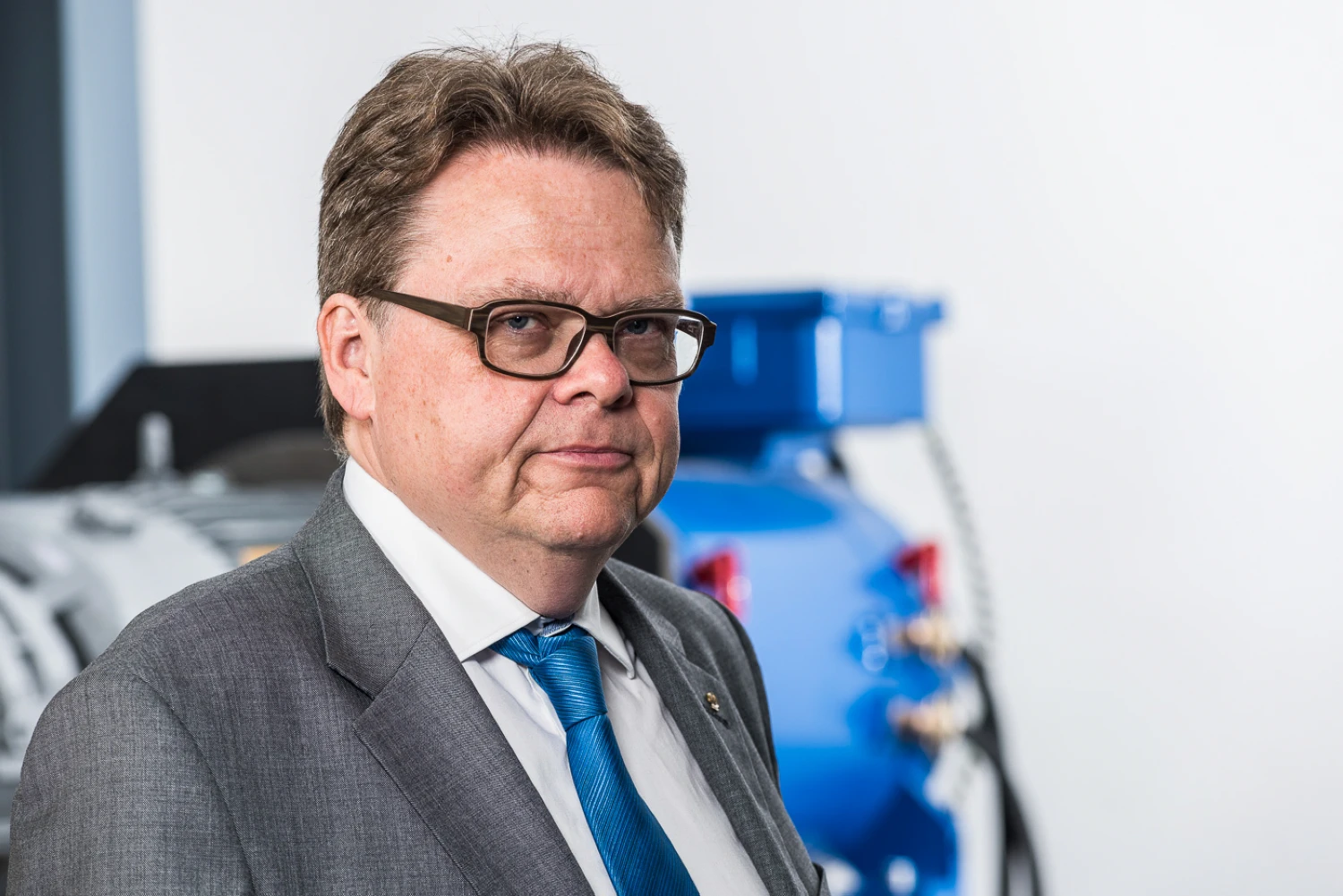
Electric drive technology is constantly advancing, with ongoing progress in energy efficiency, effectiveness, high performance and compact design. Our in-house blog editorial team spoke to Managing Director Hans-Peter Schwegler about how our company has developed against this backdrop and where it is headed in future.
BEN Buchele is known for its manufacturing philosophy and the one-off production of special motors, including for the marine sector and industrial applications. Where do you think the BEN range fits into the market for electric drive technology?
We couldn’t keep up with the market by simply offering standard electric motors from our catalogue. That’s why our focus has shifted to special motors that are custom-designed for their applications and take an array of parameters into account. We have extensive experience in the shipbuilding and offshore sectors, railway technology, ventilation and air-conditioning technology, and now increasingly in various branches of industry, such as the food industry and plant engineering. And just to be clear, small and medium series of special motors are just as much a part of our portfolio as individual items.
So BEN Buchele is deliberately tapping into other sectors? Can you give us a sense of where things are going?
In the past, business development was partly dependent on lucky coincidences, but the company’s orientation has become increasingly strategic. In the 1960s and 1970s, our focus on shipbuilding was due to the influence of a sales representative in northern Germany. Now, however, we are targeting other industrial sectors, such as the food industry and the chemical and pharmaceutical industries, because our special motors can offer added value in these areas. There’s also the fact that demand for motorised winches and anchor winches fell following the financial crisis in 2009 and the emergence of strong Asian competition in the shipbuilding market. So we turned our attention to other branches of industry.
Our R&D department, which was established a few years ago, is actively working to develop innovative motor concepts. The most recent example is our involvement in a research consortium in which we are developing a synchronous reluctance machine for use in automotive test benches (see “Synchronous reluctance motor for research project”). Our R&D department has also produced a white paper* that outlines the most important requirements for electromagnetic and structural motor design.
What are the current challenges in motor development?
Something that is less important in shipbuilding but crucial in industry is compliance with the energy efficiency categories, and the requirements for these are continually rising. In future, motors will have to be even more efficient than they are today in order to further reduce electricity requirements for environmental reasons. Since the legal requirements were first introduced in 2012, we’ve been working to optimise the efficiency of our motors and have achieved energy efficiency classes IE3 and IE4 for our three-phase motors, in line with current requirements, by making various mechanical and electrical modifications. Overall, however, asynchronous motors will are set to play a lesser role in future, as they cannot keep up in purely physical terms. Synchronous systems are likely to become firmly established, so our research project helps us build up even more expertise in this area.
Sustainability is now a top priority in the drive systems sector. Are there any other factors that could make production more sustainable?
These days, in which people purchase a smartphone or laptop every two years or less, our electric motors are highly sustainable products due to their longevity. We get some customers asking for a spare part or an operating manual to keep their old BEN motor running after 40 years of operation! Last but not least, not having to constantly replace motors contributes towards sustainability. In fact, our motors last much longer than would be economically optimal for us!
Cost pressure is definitely an issue for BEN. How are you tackling these economically challenging times and making BEN fit for the future?
For one thing, we are making good progress with our sector expansion. We can see that special motors are more in demand than ever in the chemical, pharmaceutical, food, recycling and other industrial sectors. At the same time, we are also planning to significantly step up the automation of motor production at BEN. In many areas, such as winding, manufacturing really is the name of the game. That’s why we’re looking very closely at which processes can be easily automated and where craftsmanship is still required, so that we can combine lower-cost automated processes with our manufacturing standards.
*If you’d like to read our white paper on electric motor design, please contact us at vasb@oraohpuryr.qr.